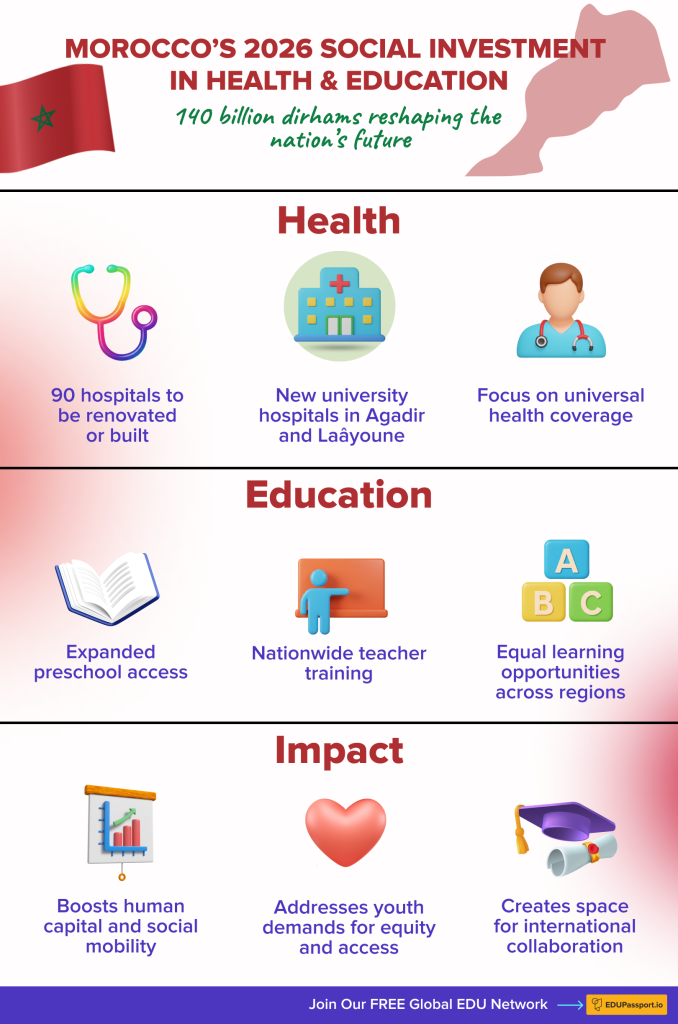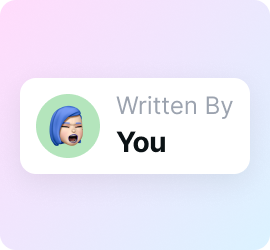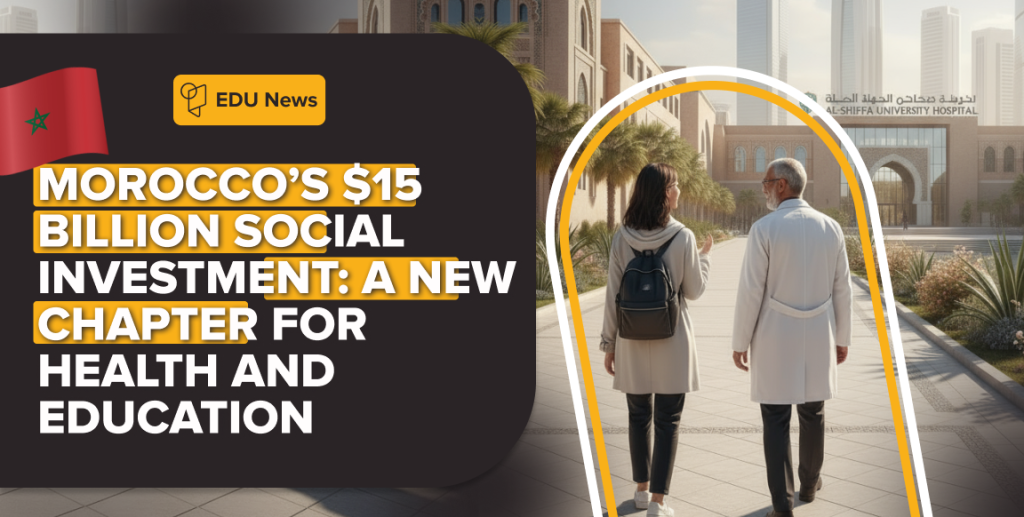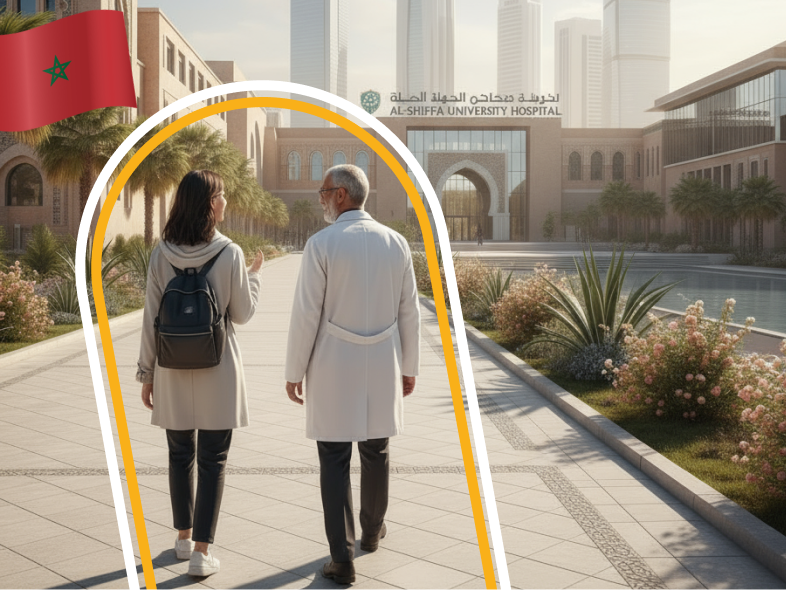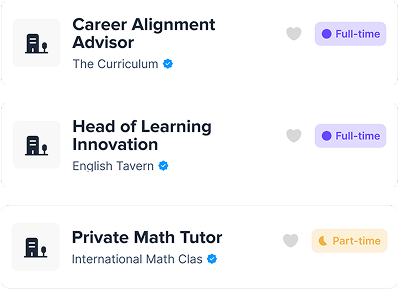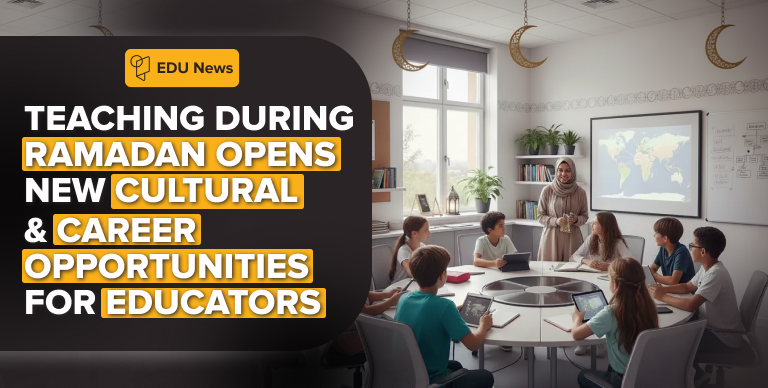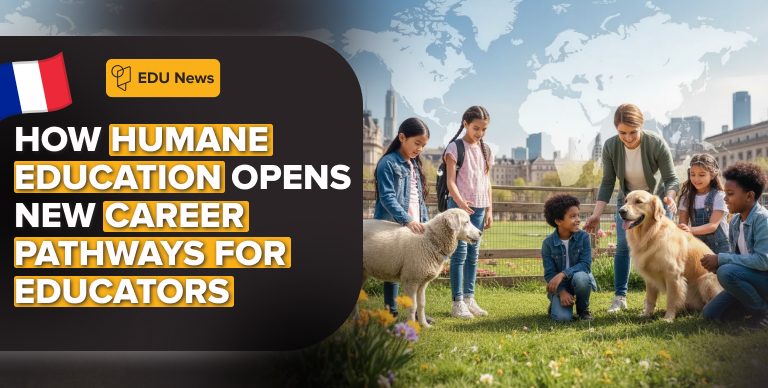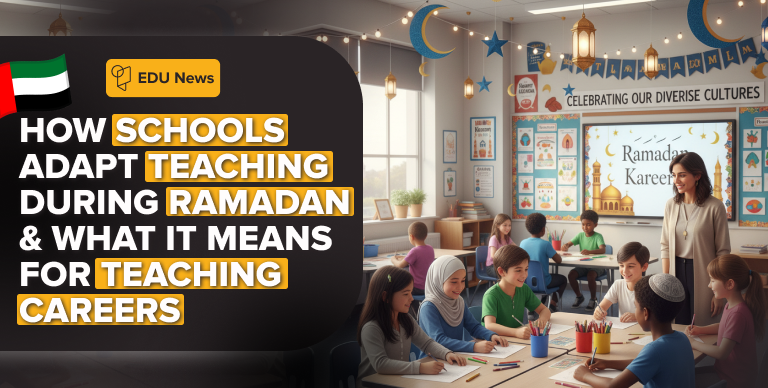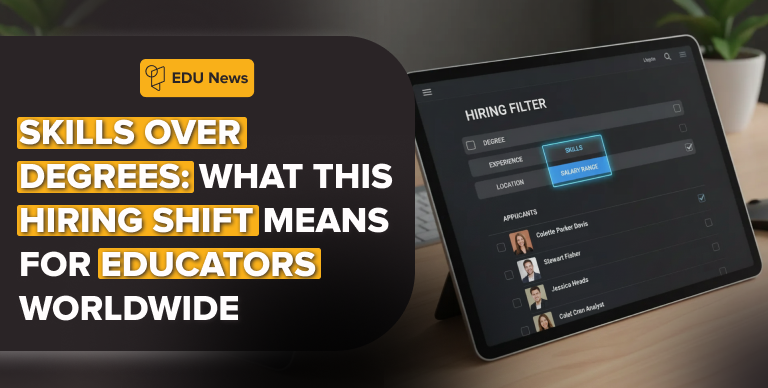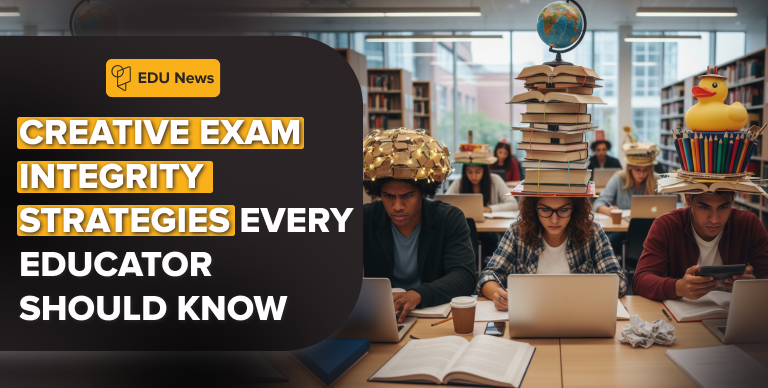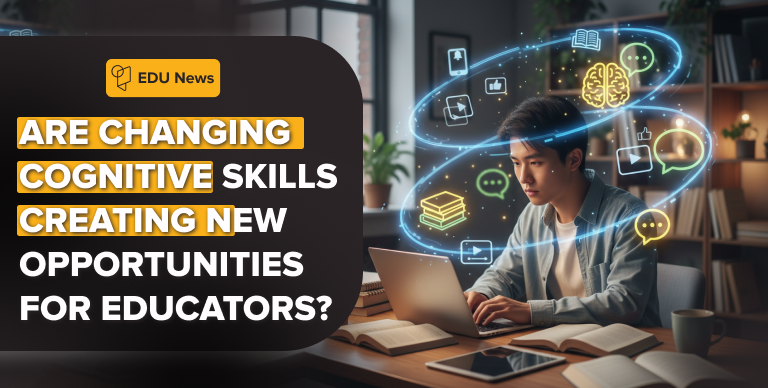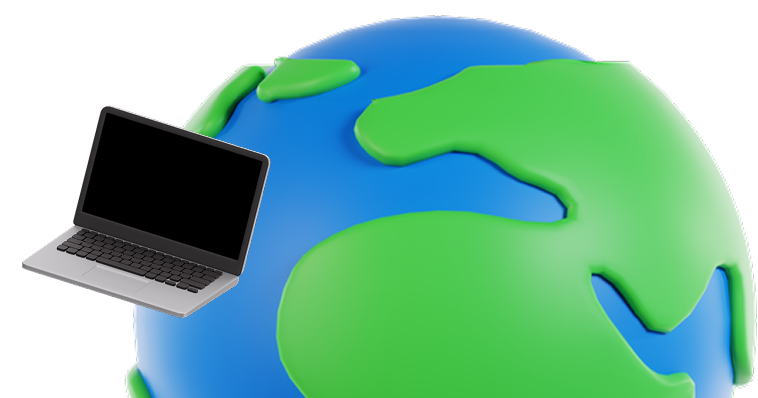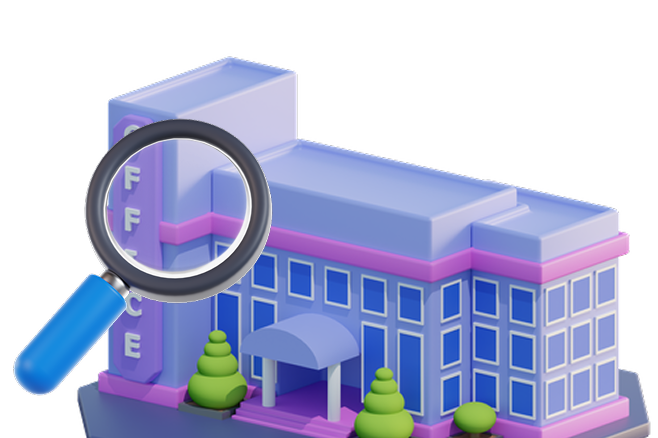Morocco is taking a bold step toward social reform with a $15 billion plan focused on improving health and education. The government’s 2026 draft budget allocates 140 billion dirhams to expand access, modernize infrastructure, and strengthen human capital across the country. This move follows growing public calls for better public services, particularly from Morocco’s youth.
For educators, policymakers, and global development partners, this investment signals Morocco’s commitment to building a more equitable and sustainable future. At EDU Passport, we see this as an important moment for collaboration, innovation, and knowledge exchange across borders.
A Strategic Turn: Why Morocco Is Prioritizing Health and Education
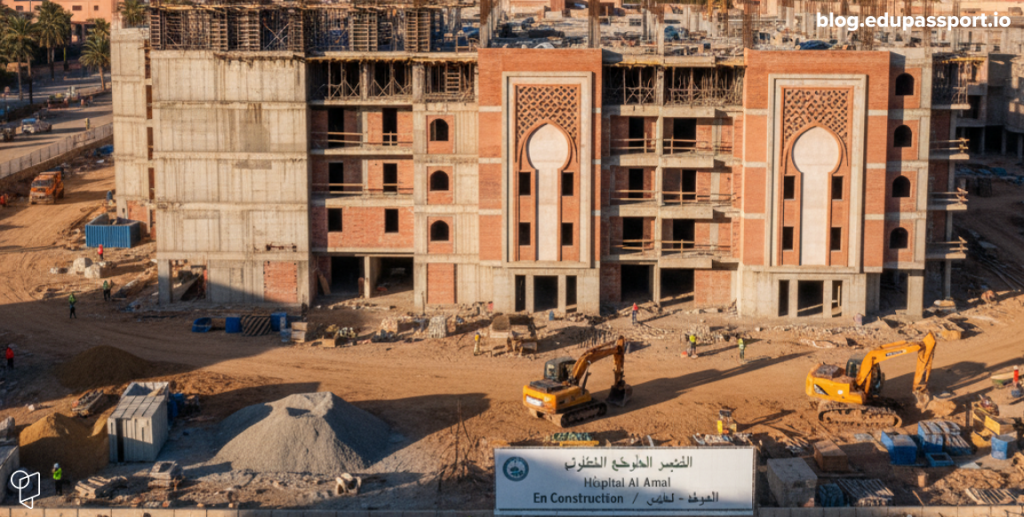
The Moroccan government’s announcement marks a strategic shift in national spending priorities. After years of major infrastructure projects, the new budget emphasizes the sectors that directly shape citizens’ quality of life.
Health and education have long faced regional disparities, underfunded systems, and growing demand from a young, ambitious population. The recent wave of youth-led protests brought these challenges to the forefront, urging leaders to address gaps in access and opportunity. The government’s $15 billion allocation is both a response and a promise: to build stronger, fairer foundations for Morocco’s next generation.
On the health front, funding will support the construction and renovation of hospitals and clinics across the country. Projects include new university hospitals in Agadir and Laâyoune, and the completion of the Ibn Sina University Hospital Center in Rabat. Around 90 hospitals are expected to be renovated or expanded, aiming to increase access and reduce waiting times for critical care.
In education, the plan focuses on expanding preschool programs, improving teacher training, and supporting students from underprivileged regions. These reforms are designed to reduce inequality and ensure that every learner, no matter where they live, can access quality education.
The Broader Impact: Human Capital at the Core of Development
Morocco’s investment in social sectors is more than a short-term fix. It reflects a long-term recognition that sustainable development depends on people—healthy citizens, skilled workers, and empowered learners.
For the health sector, the new funding aims to modernize medical facilities and expand workforce capacity. By strengthening preventive care and upgrading hospitals, Morocco hopes to move toward universal health coverage and reduce the burden on families.
In education, expanding early learning opportunities is expected to improve literacy rates and long-term academic outcomes. Enhanced teacher training and student support services are also key to ensuring that reforms translate into real classroom impact.
For global education stakeholders, this shift opens opportunities for partnerships in teacher development, edtech solutions, and cross-border research. EDU Passport encourages educators and institutions to explore collaboration models that can support Morocco’s transformation and bring valuable global expertise to local classrooms.
The Challenges Ahead: Turning Policy Into Practice
While Morocco’s $15 billion social investment is ambitious, translating it into tangible results will require strong governance and accountability. Large budgets often face hurdles such as uneven implementation, limited regional capacity, and bureaucratic delays.
Critics have also warned that headline figures do not always lead to immediate improvement. Ensuring that funds reach schools and hospitals in rural and underserved areas will be essential. Transparent monitoring, community involvement, and local partnerships can help keep the momentum going and ensure that reforms benefit all citizens, not just urban centers.
Still, optimism is high. The government has pledged to strengthen oversight and maintain dialogue with educators and health professionals. If carried out effectively, these reforms could mark one of the most significant social transformations in Morocco’s recent history.
A Model for Regional Reform
Morocco’s approach offers an example for other nations in the region navigating similar challenges. By placing education and health at the center of national development, the country is sending a message that long-term growth begins with human investment.
This focus aligns with a global trend toward inclusive policy design, where governments are judged not only by infrastructure and GDP, but by how well they prepare their people for the future. For international educators, investors, and policy experts, Morocco’s 2026 plan offers lessons in how to balance social welfare and economic ambition.
Conclusion: A Moment of Possibility for Morocco and Beyond
Morocco’s $15 billion investment in health and education is more than a budgetary milestone. It is a declaration of intent to prioritize well-being, equity, and opportunity. If implemented effectively, it could redefine how the country supports its citizens and inspire others to follow suit.
At EDU Passport, we believe that education reform thrives on collaboration. As Morocco embarks on this new chapter, educators, institutions, and development partners worldwide have a chance to share insights, create partnerships, and accelerate impact.
Visit EDU Passport to explore global education opportunities, connect with like-minded professionals, and be part of the conversation shaping the future of learning.
